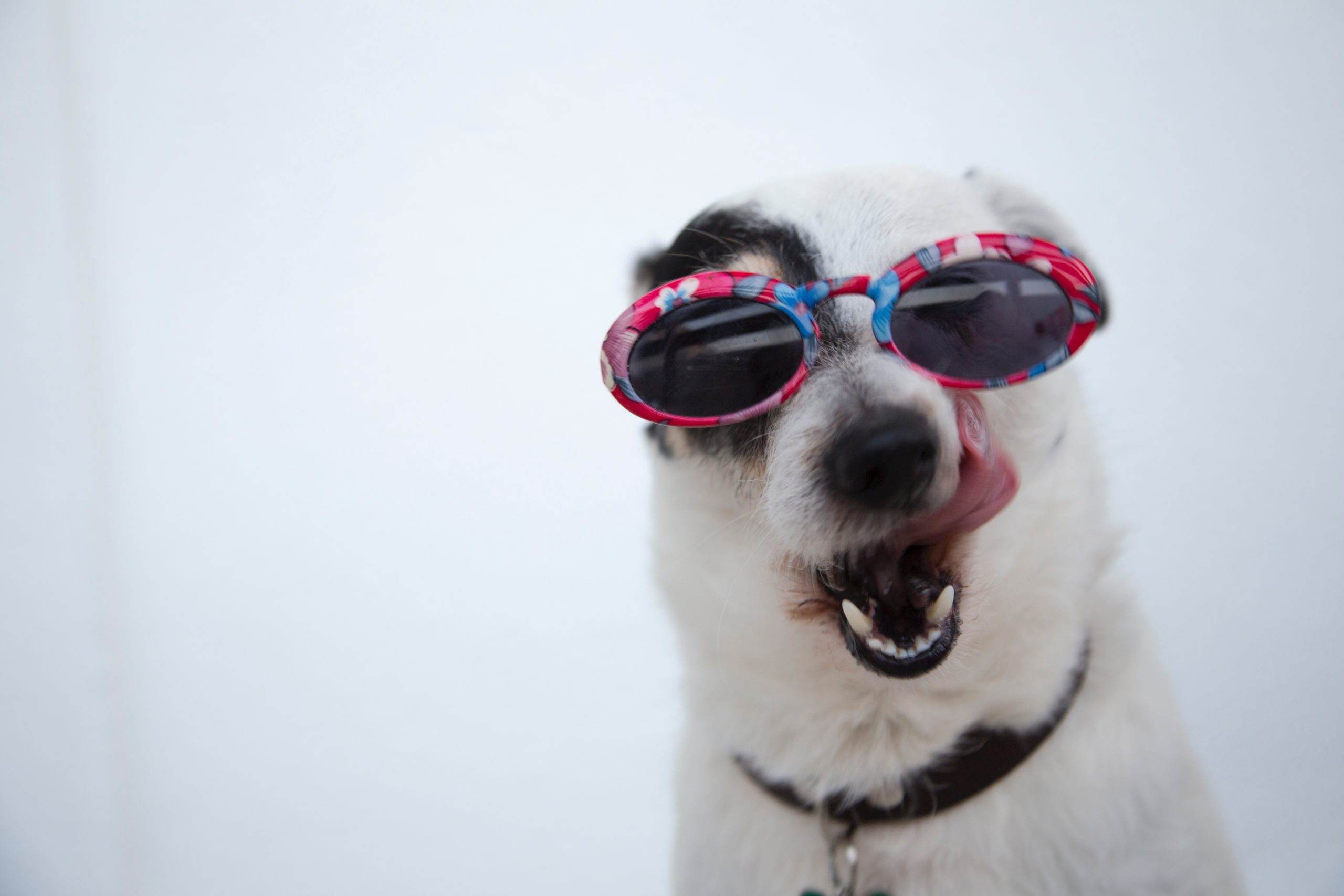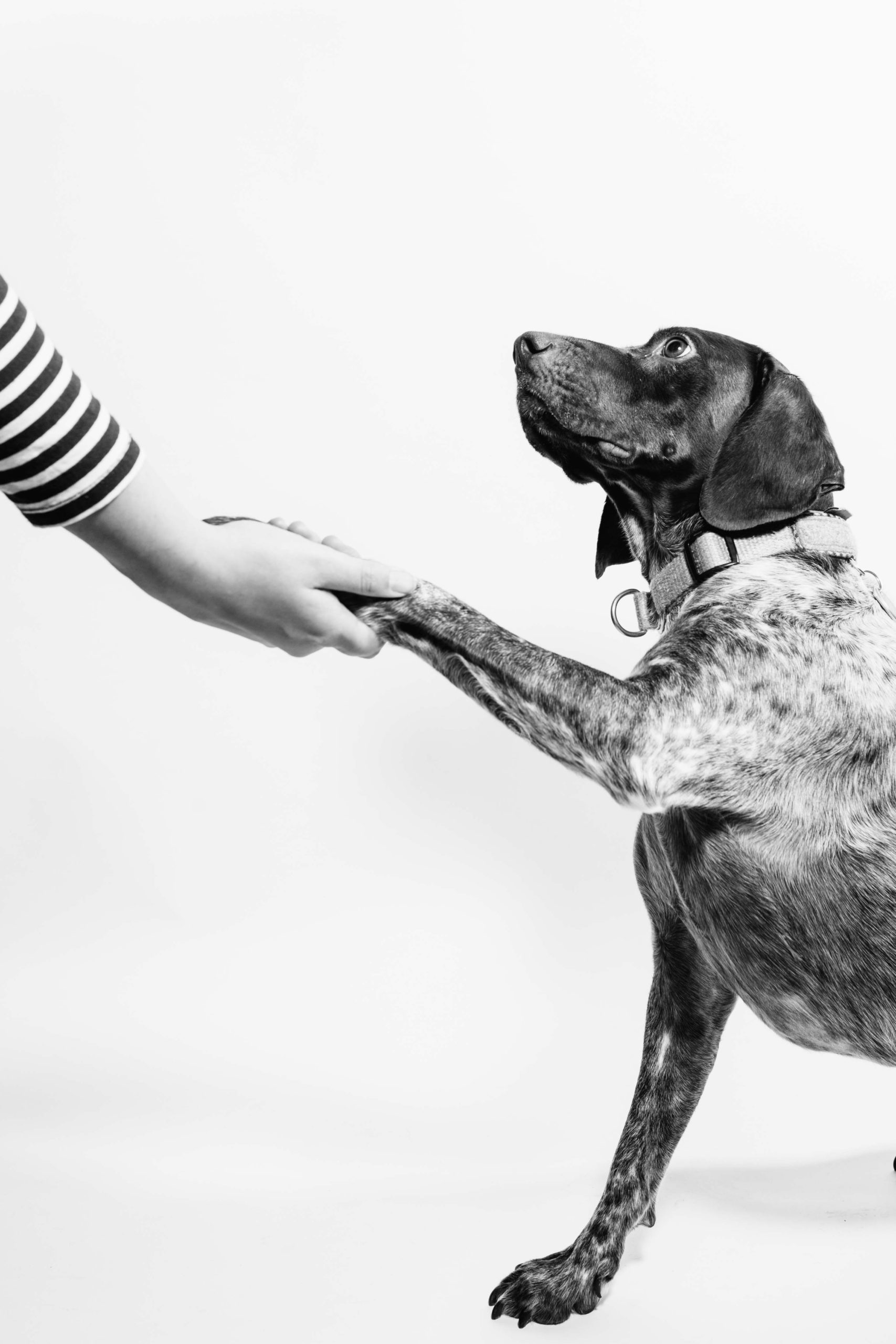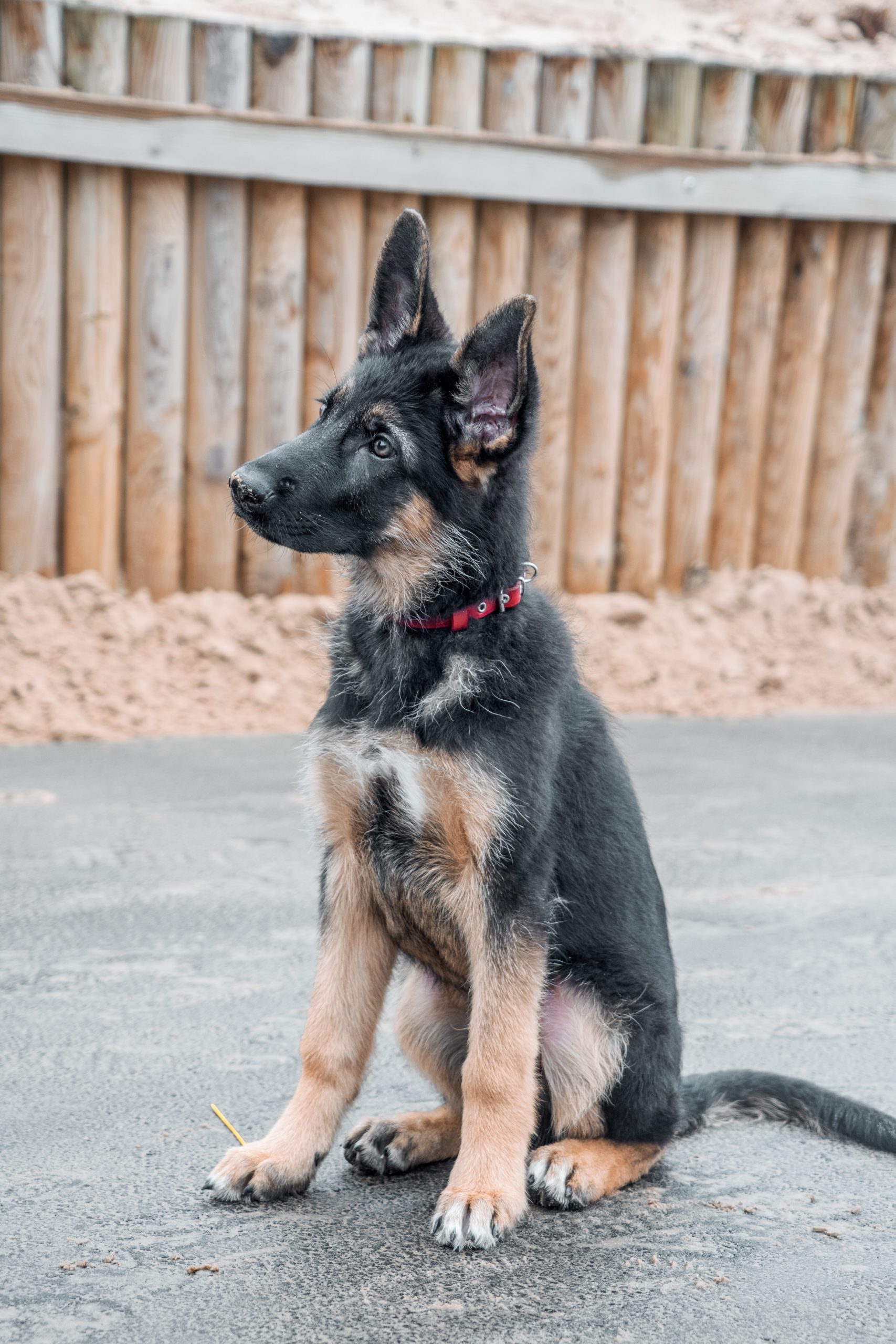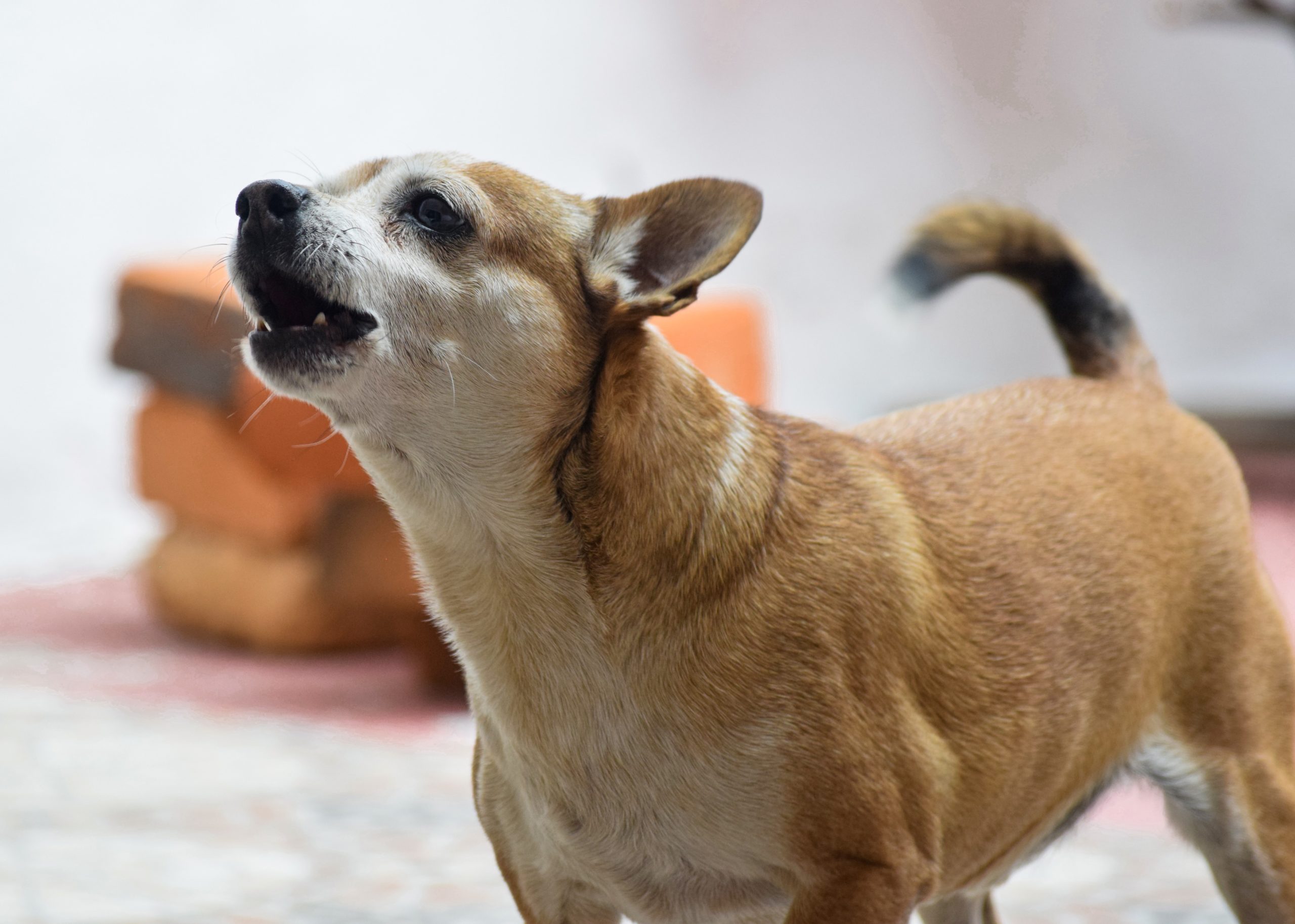The journey of raising a puppy is both exciting and rewarding, as you watch them grow and develop into a well-rounded adult dog. Understanding the various stages of puppy development is crucial for providing proper care, training, and socialization throughout each phase of their life.
In this detailed guide on canine growth, we’ll explore the five key stages in a puppy’s life: from newborn to adolescent. By learning about these critical milestones and offering essential support during each stage, you can ensure your pup achieves optimum health, happiness, and overall well-being.
Understanding The Different Stages Of Puppy Development
Puppy development can be divided into distinct stages, each with its own set of changes and milestones.
Neonatal Stage (0-2 Weeks)
The neonatal stage is the first two weeks of a puppy’s life and is marked by rapid growth and development. During this critical period, puppies are entirely dependent on their mother for warmth, nourishment, and waste elimination.
At this point in their lives, puppies spend approximately 90% of their time sleeping while they grow rapidly and develop crucial neurological connections.
To help them through these early days, it’s essential that newborn puppies receive proper care from both their mother as well as the human caretaker who can ensure they’re clean, warm, safe from harm or disturbances.
Transitional Stage (2-4 Weeks)
During the transitional stage, puppies start to explore their environment beyond just eating and sleeping. This is when they begin learning basic skills like standing, walking, and interacting with their littermates.
They also start developing their senses of sight and hearing during this time, which allows them to better navigate the world around them.
As a puppy owner during this stage, it’s important to provide a safe space for exploring while still ensuring that your puppy stays close to home. You can introduce new toys or objects for them to interact with but keep an eye on them so they don’t hurt themselves or ingest something harmful.
Puppies may also start experiencing fear during this time, so it’s important to comfort and reassure them as needed.
Socialization Stage (4-12 Weeks)
The socialization stage, also known as the primary socialization period, is a crucial time for puppies to learn and develop appropriate behavior around other dogs and humans.
This stage typically occurs between 4-12 weeks old and is considered one of the most important stages in puppy development.
It’s essential to introduce puppies to different sights, sounds, smells, people, and animals during this stage. Proper socialization can help prevent behavioral issues such as aggression or fearfulness later on in life.
Juvenile Stage (12-24 Weeks)
During the juvenile stage, puppies start to grow into their adult bodies. They become more coordinated and agile, and their energy levels increase significantly. This is also an important time for socialization with other dogs and humans as they continue to learn appropriate behavior.
Puppy owners should continue providing proper nutrition and exercise while creating a safe environment for exploration. Puppies should receive consistent positive reinforcement training during this period focusing on basic commands like sit, stay, come when called, etc., using treats or praises as rewards.
It’s also crucial to keep up with vet check-ups and vaccination schedules at this age since puppies are still vulnerable to diseases.
Adolescent Stage (6-18 Months)
The adolescent stage is a period of significant psychological changes in puppies. During this time, your puppy will experience hormonal changes that trigger sexual maturity and the beginning of their independence.
Just like human adolescents, dogs can become moody and rebellious during this phase.
It’s important to continue training your puppy during this stage to ensure they develop good behaviors as adults. Positive reinforcement-based techniques are effective for shaping desirable behaviors, while punishment-based methods can cause anxiety and aggression in young dogs.
Remember that every dog develops differently, so don’t get discouraged if your pup seems slower or faster than others in terms of reaching developmental milestones.
Key Milestones In Puppy Development
During puppy development, key milestones include physical and sensory development, socialization and learning, teething and chewing behavior, sexual maturity and independence, as well as behavioral changes during adolescence.
Physical And Sensory Development
During the first few weeks of life, a puppy’s physical and sensory development is crucial for their overall health and well-being. Puppies are born without sight or hearing, so it’s important for them to be handled gently and kept in a warm environment.
By two weeks old, puppies’ eyes open and they begin to see the world around them. They also develop teeth that help them transition from milk to solid food by four weeks old.
As your puppy grows older into the juvenile stage (12-24 weeks), you can encourage physical activity such as running games or tug-of-war sessions that stimulate muscles and aid growth.
It’s important not to push your pup too hard when exercising during the early stages since excessive pressure on growing joints could lead to long-term damage in the adult years.
Socialization And Learning
During the socialization period (4-12 weeks), puppies learn how to interact with other dogs and humans. This is a critical time in a puppy’s development, as it sets the foundation for their future behavior.
During this stage, it’s important to expose your puppy to different people, places, and experiences.
Effective socialization also includes exposing your puppy to positive reinforcement training techniques. Puppies are especially receptive during this stage of development, which makes it an ideal time for obedience training.
By providing plenty of opportunities for socialization and learning during this crucial stage of development, you can help ensure that your puppy grows up into a well-adjusted adult dog who is comfortable around people and other animals.
Teething And Chewing Behavior
Puppies start losing their baby teeth and getting adult ones at around 4-6 months old. During this time, they may chew on things more than usual to alleviate the discomfort of teething.
It’s important to provide them with appropriate chew toys, bones or other dog-safe objects for them to gnaw on instead of your furniture or shoes! Make sure that the items you give them are not too hard as this can damage their new teeth and gums but also ensure they cannot break off small pieces or be swallowed whole as this can cause choking hazards.
Additionally, it’s a good idea to supervise your puppy during playtime and remove anything dangerous from their reach like cords or poisonous plants. As well as being necessary for comfort and oral health, chewing is also an important form of mental stimulation for puppies so make sure they have plenty of opportunities throughout all stages of development.
Sexual Maturity And Independence
As puppies enter the juvenile stage, they begin to experience sexual maturity and increased independence.
During this time, dogs may become more territorial and develop a stronger sense of self-preservation.
Additionally, you should ensure that your puppy is spayed or neutered once they reach sexual maturity to help manage unwanted behaviors such as marking or roaming.
Behavioral Changes During Adolescence
During adolescence, puppies experience a lot of changes in their behavior. They become more independent and curious, which can sometimes cause them to disobey their owners or act out in ways that are unexpected.
At around 6 months old, dogs enter adolescence and may start showing signs of rebellion or defiance. This is because they are starting to feel the urge to assert their independence and test boundaries.
For example, a previously well-behaved puppy may suddenly start ignoring commands like “sit” or “stay”.
Another behavioral change that occurs in adolescent puppies is an increase in excitement levels when meeting new people or other animals. Puppies tend to be more outgoing at this stage as they explore the world around them.
Overall, adolescence is an essential time for learning appropriate socialization skills and obedience training techniques that promote healthy relationships between your pup and everyone else he meets throughout life!
Supporting Your Puppy’s Development
– Provide your puppy with a balanced diet that meets their specific nutritional needs based on their age and breed.
– Ensure they get plenty of exercises to promote physical health and prevent behavioral problems caused by boredom or excess energy.
– Create a safe, stimulating environment for your puppy to explore and play in.
– Socialize them early and often, introducing them to new people, animals, sounds, places, and experiences gradually and positively.
– Use positive reinforcement techniques during training to encourage good behavior rather than punishment-based methods that can harm the relationship between you and your furry friend.
Providing Proper Nutrition And Exercise
Proper nutrition and exercise are important to support your puppy’s development. Here are some tips for providing them:
- Choose a high-quality puppy food that meets their nutritional needs, including protein, fats, carbohydrates, vitamins, and minerals.
- Feed your puppy small meals throughout the day rather than one large meal to prevent overeating and digestive issues.
- Provide access to plenty of clean water at all times.
- Avoid feeding your puppy table scraps or human foods that can be harmful to their health.
- Take your puppy on regular walks and provide opportunities for playtime and exercise to promote physical fitness.
- Avoid over-exercising your puppy, especially during the early stages when their bones and joints are still developing.
- Gradually increase the intensity and duration of exercise as your puppy grows and develops.
- Consider enrolling in obedience or agility classes with your puppy to provide mental stimulation and socialization opportunities.
Remember that every puppy is unique, so consult with a veterinarian about the specific nutritional and exercise needs of your furry friend based on their breed, age, size, and health status.
Creating A Safe And Stimulating Environment
It’s essential to create a safe and stimulating environment for your puppy during its developmental stages. Here are some ways to do it:
- Designate a safe space: Puppies need a designated space where they can relax and feel secure. This could be a crate or a small room with plenty of soft bedding.
- Provide toys: Puppies love to play, but make sure the toys you provide are age-appropriate and safe for chewing.
- Puppy-proof your home: Keep harmful items out of reach, such as cleaning products, electrical cords, and sharp objects.
- Supervise playtime: Make sure your puppy is supervised when playing with other dogs or children to prevent any accidental injuries.
- Give them space to explore: Allow your puppy to explore new environments safely by using a leash or baby gate to keep them within sight.
- Create a routine: Stick to a routine schedule for feeding, sleeping, and potty breaks so that your puppy knows what to expect each day.
- Consider crate training: Crate training can help keep your puppy safe when you’re not around, as well as aid in house training.
- Provide mental stimulation: Along with physical exercise, puppies also need mental stimulation such as puzzle toys and training exercises.
Creating a safe and stimulating environment for your puppy during its developmental stages helps ensure that it grows into a healthy and well-adjusted adult dog.
Socializing With Other Dogs And Humans
To ensure that your puppy grows up to be a well-adjusted and social dog, it’s important to provide plenty of opportunities for socialization with other dogs and humans. Here are some tips:
- Start early: The socialization period for puppies is from 4-12 weeks old, so it’s important to expose them to as many different experiences as possible during this time.
- Take them on walks: Regular walks are a great way for puppies to meet new people and other dogs in their neighborhood.
- Go to the dog park: Visiting a dog park can help your puppy learn how to play and interact with other dogs in a safe environment.
- Attend puppy classes: Puppy classes are a great way for your pup to learn basic obedience while also getting exposure to other dogs and people.
- Introduce them slowly: If your puppy seems hesitant or scared around new dogs or people, introduce them slowly and at their own pace.
- Use positive reinforcement: Rewarding good behavior with treats or praise can help your puppy feel more confident in social situations.
Remember, socializing your puppy is an ongoing process – continue exposing them to new experiences throughout their life to ensure they remain happy and well-adjusted.
Training And Positive Reinforcement
Training your puppy is an essential part of their development. Positive reinforcement techniques are the best way to teach your puppy new behaviors and skills. Here are some tips for effective training:
- Use treats: Treats are a great way to motivate and reward your puppy during training sessions. Choose soft, small treats that are easy to chew and digest.
- Be consistent: Consistency is key when it comes to training your puppy. Use the same commands and rewards every time, and make sure everyone in the household is on the same page.
- Keep it short: Puppies have short attention spans, so keep training sessions brief (about 10-15 minutes) and frequent (several times a day).
- Start with basic commands: Sit, stay, come, and down are all fundamental commands that every dog should know. Start with these basics before moving on to more advanced skills.
- Use positive reinforcement: Positive reinforcement means rewarding your puppy for good behavior with praise, treats, or toys. This method is much more effective than punishment-based techniques like yelling or hitting.
- Avoid punishment: Punishment-based training can actually be harmful to your puppy’s development and lead to behavioral issues like fearfulness and aggression.
Remember that puppies learn through repetition and consistency, so don’t get discouraged if progress seems slow at first. With patience and positive reinforcement, you can help your puppy become a well-behaved and happy family member!
Conclusion
In conclusion, understanding the different stages of puppy development is crucial for every dog owner. From birth to 2 years old, puppies go through significant physical and behavioral changes that require proper nutrition, socialization, and training.
Providing a safe and stimulating environment along with positive reinforcement-based training techniques can help ensure a happy, healthy adult dog. By recognizing key milestones in puppy development such as teething behavior and adolescence changes, owners can better support their furry friends during these critical periods.
FAQs:
1. What are the different stages of puppy development?
The four main stages of puppy development are the neonatal stage (0 to 2 weeks), transitional stage (2 to 4 weeks), socialization period (3 to 12 weeks), and juvenile period (3 months to adolescence).
2. How important is the socialization period for puppy development?
Socialization is a critical phase in a puppy’s life as it allows them to learn how to interact with other dogs and people while developing confidence and trust. It’s crucial that puppies receive positive experiences during this time as they will shape their behavior throughout their lifetime.
3. When should I take my puppy for its first vet visit?
Your new furry friend should have its first health check-up within a week after adoption, especially if you’re unsure about their medical history or current condition.
4. How can I provide proper nutrition during my puppy’s developmental stages?
A healthy diet consisting of high-quality proteins, fats and carbohydrates is essential during each phase of your dog’s growth cycle. To ensure optimal nutrient intake, consult with your veterinarian regarding the best food options for your pup based on factors such as breed size and activity level.



